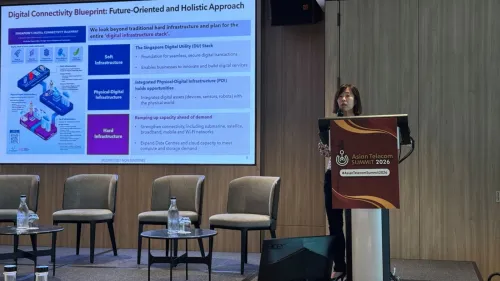
Over 800 million jobs at risk due to climate change
The workforce in Asia Pacific and Africa could be the most affected.
A recent analysis by the Deloitte Economics Institute suggested that coordinated climate policy could help protect jobs disrupted by climate change and decarbonisation. The report found that the global workforce already possesses 80% of the skills required for “green-collar” roles, and with the help of public policy, investments could be directed towards training to fill any skill gaps.
The impacts of climate change have put jobs at risk worldwide, and an uncoordinated transition to net-zero emissions could exacerbate this. The Deloitte report suggested that over 800 million jobs globally, which is around a quarter of the global workforce, are highly vulnerable to both climate extremes and the economic impacts of an uncoordinated transition.
The Asia-Pacific and Africa regions are particularly at risk, where most of the workforce tends to be employed in at-risk industries such as agriculture, conventional energy, and heavy industry. For example, China and India have over 40% of their workforce employed in highly exposed industries.
READ MORE: Seven stages of national workforce planning
However, the report highlights that if proactive government coordination is implemented, investments could be directed where they are needed the most, including retraining workers with vulnerable jobs to ensure they find new employment in the green economy.
The majority of the skills required for decarbonisation already exist in the global workforce today, according to the analysis, which means that most workers possess what they need to find work in a new economy, or they could, with minor upskilling.
Moreover, many workers from industries that are most affected by the transition to net-zero emissions already have skills that will be valuable in an economy shaped by the construction of new public infrastructure, the retrofitting of certain existing systems, and the creation of new industries.
The report suggests that effectively harnessing this talent and directing it towards new areas of growth could reduce economic disruption during the transition and improve global standards of living.
However, this would require government participation through new workforce and decarbonisation policies.
The report stated that if policymakers commit to curbing greenhouse gas emissions, rebuilding the economy as a series of interconnected systems, creating new employment pathways for disrupted workers, and upskilling and training the workforce with in-demand skills, the global economy could create more than 300 million additional jobs by 2050 than it would otherwise have on a passive transition pathway.












